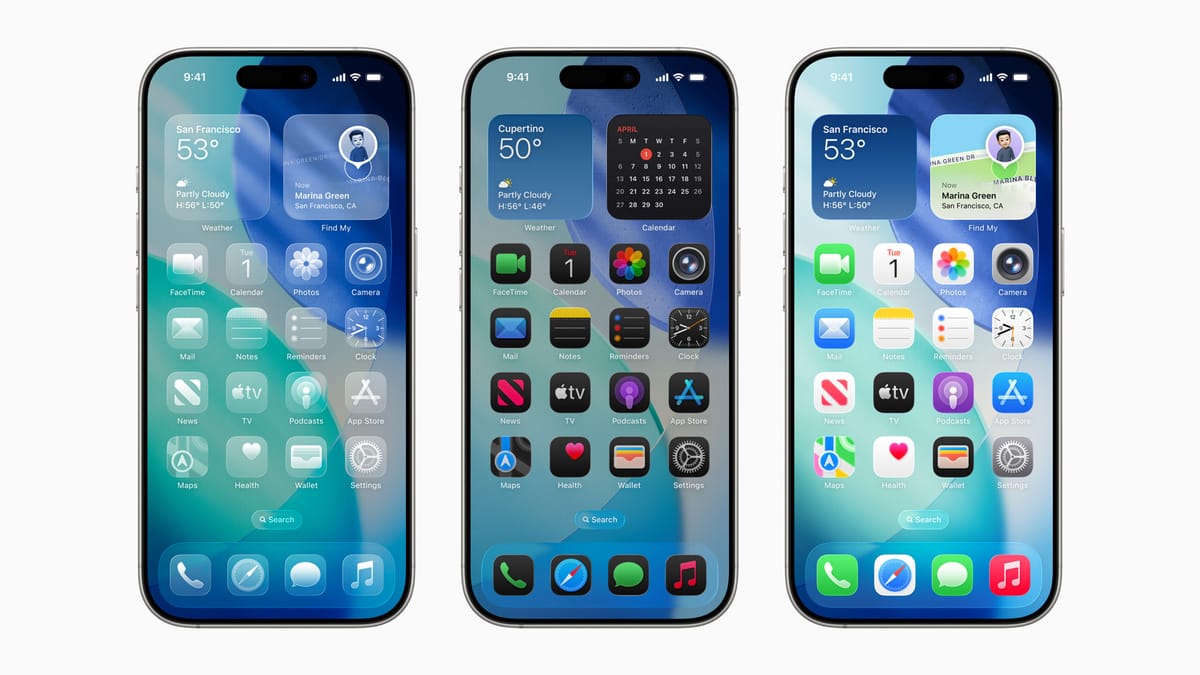Should Apple Be Forced to Share Its Secrets? Inside the EU Data Sharing Battle

Apple vs. The EU: Protecting Innovation or Blocking Competition?
There’s a major tug-of-war happening in Europe, and it’s about more than just iPhones—it’s about the very DNA of tech innovation and privacy. Apple has just filed an official appeal against the European Union’s latest rules that would force the company to share some of its most closely guarded information with outside developers – including its competitors. Is this a much-needed step toward fair competition, or could it expose user data and slow future innovation? Let’s dive in.
📊 The Core Conflict: Opening Apple’s Walled Garden
- EU’s Digital Markets Act (DMA): Designed to break up monopolies, the DMA requires Apple to let competitors and developers access features that were previously exclusive to its own platforms. This includes tools like WiFi pairing and notification systems for third-party smartwatches and headsets.
- Apple’s Response: The company argues these rules undermine not only its intellectual property, but could threaten user privacy and security.
- Major EU Push: The regulations aim to foster more competition by making Apple’s tightly integrated ecosystem more interoperable with rival products.
- The Appeal: Apple is officially challenging the EU Commission’s specific interoperability demands, calling the process "unreasonable, costly, and stifling to innovation".
But why does this matter, and what’s at stake for users and the tech world?
📝 What’s Really Happening? Breaking Down the Problem
The heart of the matter is about control, privacy, and competition:
- Apple’s Walled Garden Strategy: Apple’s signature seamless experience is built on keeping its technology exclusive. For example, only Apple’s own devices currently get the full benefit of features like automatic WiFi pairing and deep notification sync for wearables.
- Regulatory Pressure From the EU: The DMA rules force Apple to open up these features, letting competitors' devices (think Android-powered watches or headphones) tap into Apple’s ecosystem.
- User Information at Risk: Sharing these features could mean exposing sensitive user data, possibly to "data hungry" third-party companies—creating a risk of privacy breaches.
- Innovation vs. Regulation: Apple argues that the EU rules could slow future product development and make their unique product experience less compelling.
It’s a classic battle: Should a company be forced to weaken its crown jewels in the name of competition? Or should regulators step in to prevent any one tech giant from becoming too powerful?
📝 Apple’s Proposed Solution: Fighting Back & Focusing on Experience
Apple isn’t backing down. Here’s what they’re doing:
- ✅ Legal Appeal: Formally contesting the EU’s requirements, aiming to protect their design philosophy and innovation pipeline.
- ✅ Emphasizing Privacy: Apple positions itself as the champion of user privacy, warning that the DMA might “hand data-hungry companies sensitive information.”
- ✅ Doubling Down on Integration: Continuing to design technology that "works seamlessly together" – a signature Apple promise.
Benefit for Users? Apple claims that maintaining its current model provides a more secure, private, and polished experience, with fewer risks of data leaks or hacking.
🚧 The Challenges: How Far Will This Tug-of-War Go?
- 🚧 Regulatory Headwinds: The EU is unlikely to retreat. With the Digital Markets Act, they’ve shown a willingness to take on Big Tech in a way few other governments have.
- ⚠️ Privacy vs. Competition: Balancing a more open ecosystem with user data protection is a huge technical and legal hurdle.
- ⚠️ Innovation Slowdown? Apple warns that forcing them to spend time and money adapting to outside demands could make future breakthroughs less likely—and possibly make products less enjoyable or secure for users.
As one Apple spokesperson told Axios: “We design our technology to work seamlessly together, so it can deliver the unique experience our users love and expect from our products. The EU’s interoperability requirements threaten that foundation, while creating a process that is unreasonable, costly, and stifles innovation.”
🚀 Final Thoughts: The Road Ahead for Tech & Users
This battle will test how far governments will go to unbundle tech ecosystems in the name of competition—and how fiercely companies like Apple will defend their turf. Success or failure boils down to a few big factors:
- ✅ Can privacy and competition be balanced?
- 📝 Will EU regulators set a global precedent?
- 🚀 How much do users really care about seamless experiences versus more choices?
What do you think? Should Apple be ordered to open up in the name of competition, or would that break what makes their products special? Join the debate in the comments below!
Let us know on X (Former Twitter)
Sources: Patently Apple. Apple has filed an Appeal to the EU Commission regarding a rule that forces them to Share critical information with their Competitors, June 2025. https://www.patentlyapple.com/2025/06/apple-has-filed-an-appeal-to-the-eu-commission-regarding-a-rule-that-forces-them-to-share-critical-information-with-their-com.html










